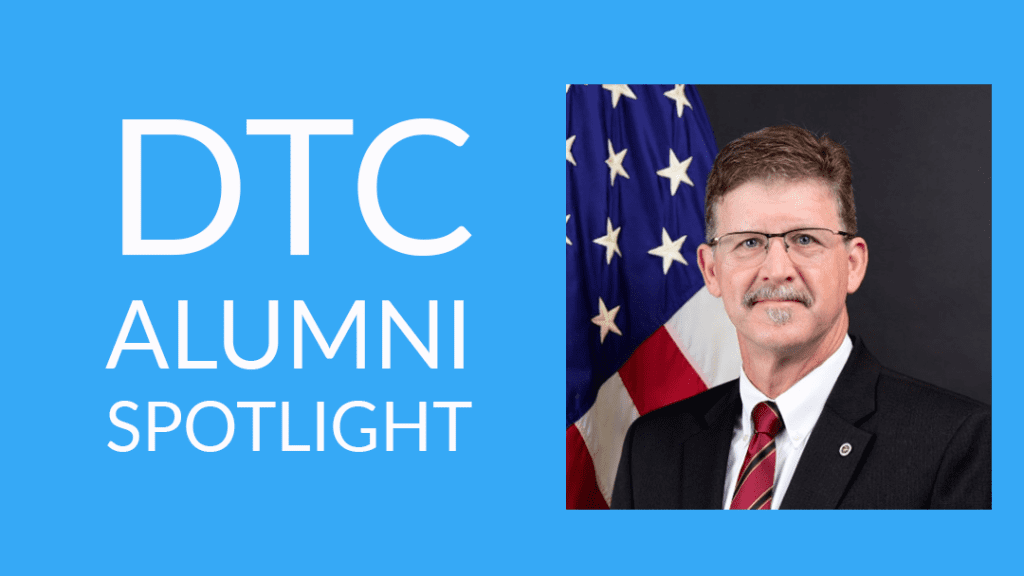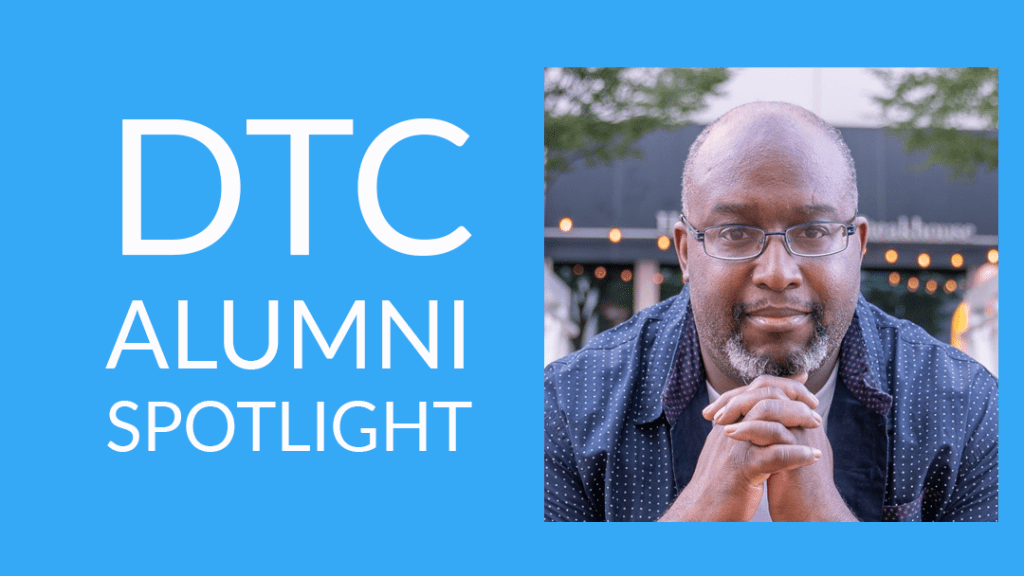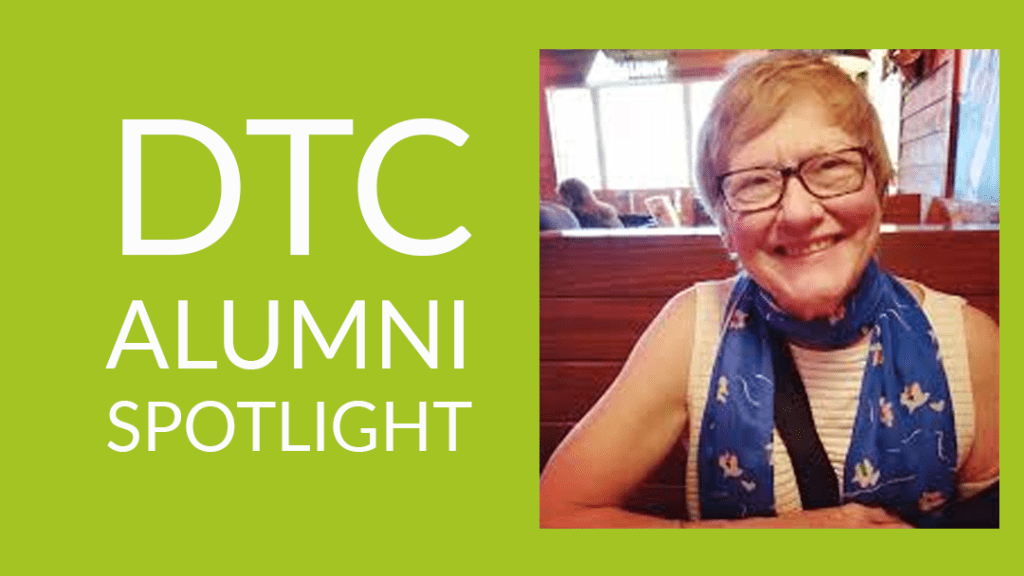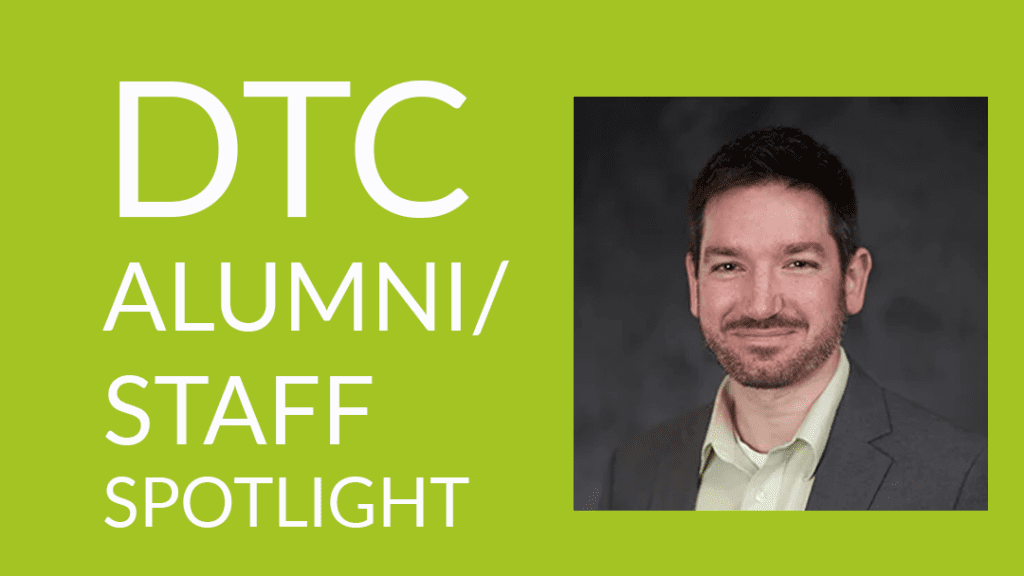Edwin Wright has never been one to back down from a challenge. A former Marine with the discipline to match, he didn’t just dabble in endurance sports. He went all in, completing a full Ironman and four half-Ironman triathlons after being diagnosed with diabetes. Edwin trained hard, worked with one of the top coaches living with Type 1, and built a lifestyle around staying active and in control.
But even with all of that, something still wasn’t clicking.
His blood sugar would crash mid-race or spike before a workout. He dialed in his training plans, but unpredictable glucose swings sabotaged progress. Despite his experience and fitness, diabetes still had a way of throwing him off balance when it mattered most.
“I’d scrapped so many workouts,” he recalled. “If I woke up and my blood sugar was off, I’d just cancel the whole thing.”
That frustration eventually pushed him to look for something different. After retiring from a long career, Edwin decided to invest in something that might give him more than another training tweak. He wanted clarity. He wanted answers. And he hoped to find a community that understood what it meant to live—and train—with Type 1.
That’s when he signed up for Diabetes Training Camp.
Before Camp – When Effort Isn’t Enough
Edwin’s diabetes journey started in 2007 at the age of 47, though the initial diagnosis wasn’t quite right. Doctors initially classified him as having Type 2. He pushed back with diet and exercise, but within a year, he was on insulin. The reality soon became clear: this was Type 1.
That diagnosis didn’t stop him. It refocused him.
Edwin returned to training, this time with purpose. What started with sprint-distance triathlons grew into Olympic-length races, then longer. Eventually, he completed the Ironman—a goal that had taken years of determination, strategy, and support. One of his key allies along the way was Coach Cliff Scherb, a fellow Type 1 athlete whose coaching helped Edwin refine his performance and push past physical barriers.
But even after that major accomplishment, Edwin felt something was still missing. He had the tools. He had the data. But he didn’t always understand the deeper cause behind the variables. “I had charts and cheat sheets,” he said. “But if things didn’t go the way I expected, I didn’t always know why.”
And then there was the issue no coach had solved.
During longer races, Edwin had started to experience dizziness and near-fainting spells. He’d spent nearly two years talking to different doctors, trying to understand what was wrong. It wasn’t until he came to camp—and met Dr. Matt Corcoran—that the answer emerged. A simple medication dosage issue had been undermining his performance and putting him at risk.
That discovery alone made the trip worth it.
A New Kind of Challenge
Edwin had known about Diabetes Training Camp (DTC) for years. He’d come across it while researching how other athletes with Type 1 managed their training. At the time, he was still deep in his Ironman journey and working with Cliff, whose detailed, data-driven guidance had helped him race successfully.
But Edwin kept looking. Not for another coach. Not for a new race. But for more understanding.
DTC had always intrigued him, though time and cost* kept it on the back burner. After retiring, and with more flexibility in his schedule, he decided it was time. There was no race ahead. No big personal best to chase. Just the desire to train smarter—and to be around others who understood the daily nuances of Type 1.
“I wasn’t preparing for anything specific,” he said. “I just wanted to do what I’d already been doing, but do it better.”
Camp gave him that—and more.
Two Paths, One Purpose
By the time Edwin arrived at DTC, he had already achieved what many with Type 1 might consider the pinnacle: he’d finished an Ironman. He didn’t need another finish line. What he wanted was perspective.
Working with Coach Cliff had given him structure, accountability, and a deeper appreciation for data. But camp offered something else—an immersive space to step back and ask questions. To explore not just what to do, but why it worked. And to do that alongside others living with the same condition.
At camp, the classroom and the workouts were two sides of the same experience. Edwin learned how different insulins act in the body, how timing matters more than he realized, and why two nearly identical training sessions could produce very different blood sugar results.
“I used to just follow a plan,” he said. “At camp, I started to understand how those plans are built—and how to adjust when something doesn’t go the way you expect.”
He also discovered what it meant to no longer feel alone in that problem-solving. He wasn’t the only one reaching for glucose tabs mid-ride or comparing notes after a surprise low. Camp gave him the confidence of knowledge—and the relief of shared experience.
Coaching helped Edwin perform. Camp helped him understand.
The Power of Perspective
Edwin came to camp with no performance goal, no race registration, no personal record to chase. He showed up simply wanting to get better at managing the everyday—while still doing the things he loved.
In that space, he found what he didn’t even realize he’d been missing: community.
He rode with campers through the rolling countryside of Lancaster County, sometimes fast, sometimes relaxed. He joined group swims, listened to lectures, asked questions, and shared stories. None of it felt performative. It felt personal.
The biggest shift wasn’t physical—it was how he responded when things went wrong. Before camp, if his blood sugar was too high or too low, he’d often cancel a workout altogether. Now, he pauses and thinks it through. When did I eat? When did I last dose? Is there a better window later today? That subtle shift—from reacting to adapting—changed how he trains.
“I still go back to my notes,” Edwin said. “Sometimes I’ll rewatch a session just to refresh. But the biggest change is how I approach things when they don’t go perfectly. I don’t scrap the plan. I problem-solve.”
Camp also broadened his view of what counts as activity. Yard work, home repairs, walking the dog—these aren’t workouts in the traditional sense, but they all move the needle when you live with Type 1. Learning to plan for them with the same intentionality was an aha moment that stuck with him.
Training for Life
After camp, Edwin didn’t head home to register for a new race. He didn’t need to.
What he brought back was more enduring: a renewed sense of control, and a broader definition of what it means to stay fit and focused.
He and his wife were already planning a bike tour through Italy—a far cry from the Ironman circuit, but every bit as meaningful. With the insights he gained at camp, Edwin felt equipped not just to enjoy the ride, but to do so confidently and comfortably.
He had already achieved the big race goal. Now, his goal was sustainability. He wanted to keep moving, keep exploring, and keep feeling strong in his choices. Camp gave him tools to do exactly that—whether the day called for a group ride, a quiet walk, or a recalibrated meal plan.
“I don’t need the race to stay motivated,” he said. “I just want to keep doing what I enjoy, and know how to adjust when something shifts.”
Beyond the Finish Line
Edwin has no illusions about managing diabetes. He knows it isn’t something you conquer. It’s something you navigate—every day.
That’s why camp meant so much.
It wasn’t just the lectures or the workouts. It was the people. The shared shorthand. The unspoken understanding in a room full of people who didn’t need a long explanation.
He still remembers something Dr. Matt said during a group session: some campers return every year, not because the content changes, but because they do. Life evolves. Routines drift. A tune-up every so often helps bring things back into focus.
“I’ve always been a quiet person,” Edwin said. “I don’t share much. But that emotional connection came fast. That was the surprising part.”
He knows he’ll return—not for a medal, but for the camaraderie, the insight, and the space to grow alongside people who get it.
*DTC offers financial aid to all in-person camps








